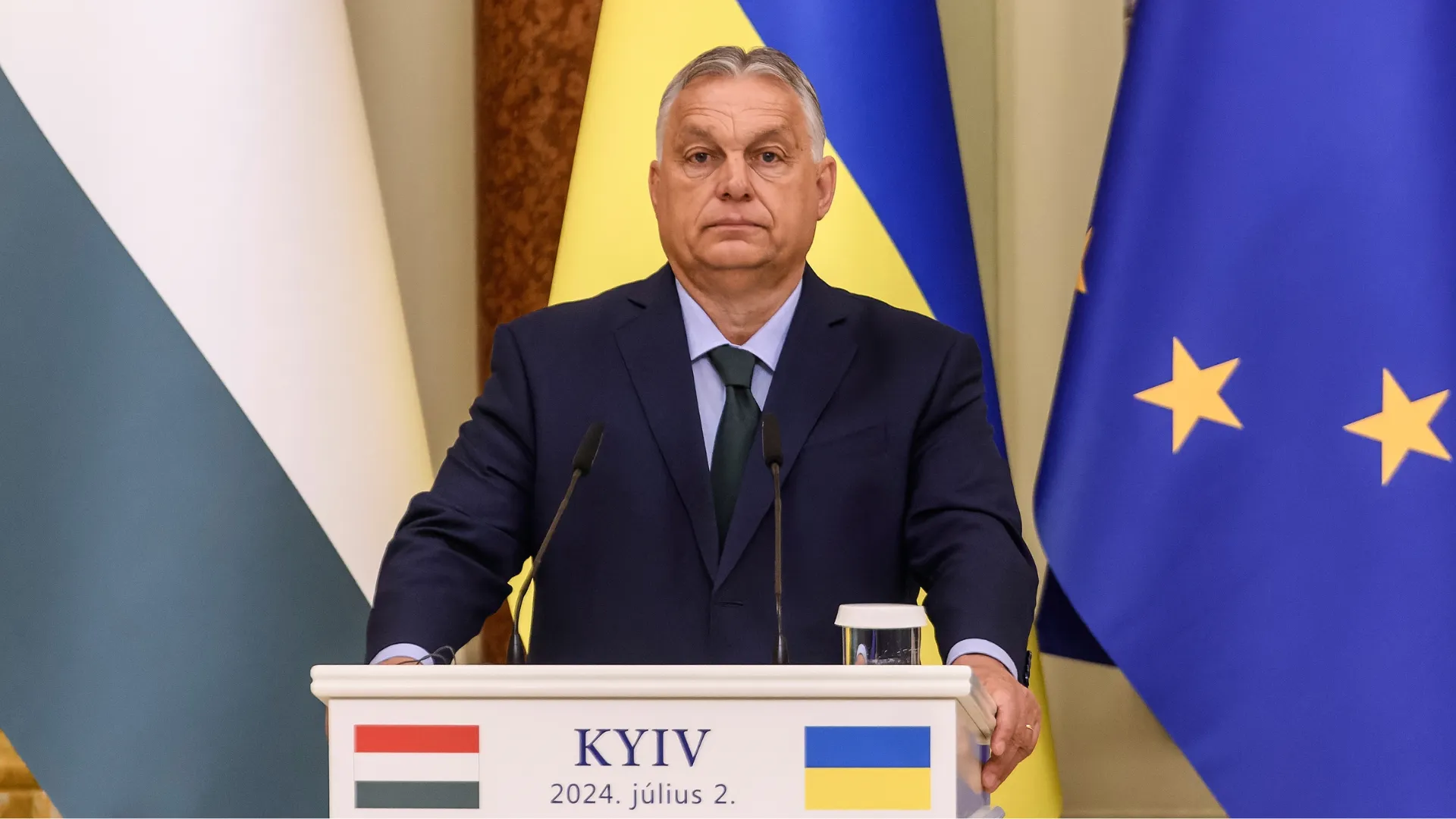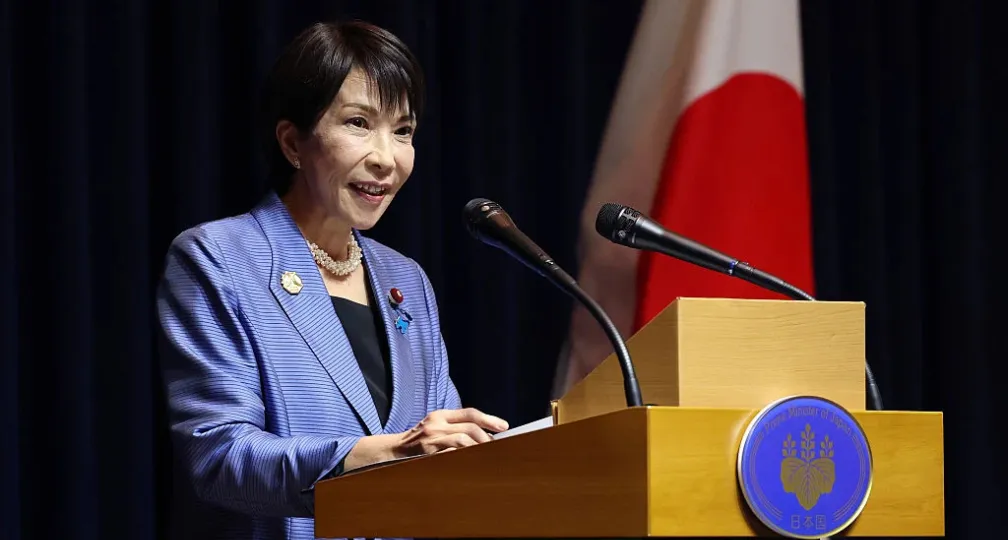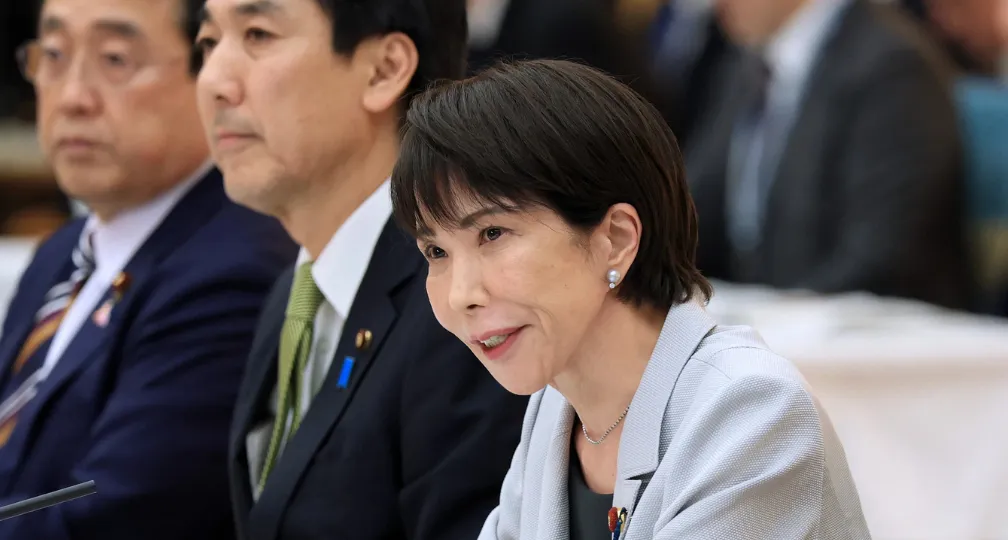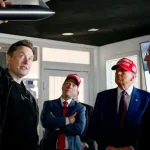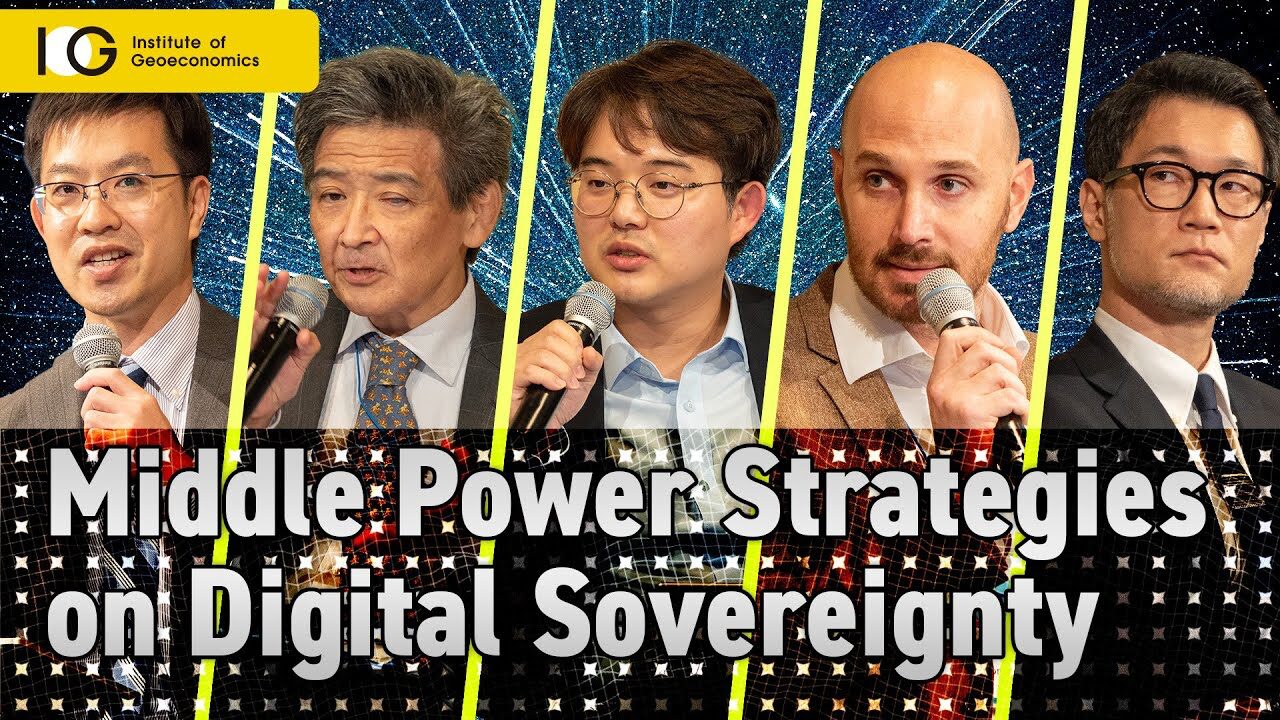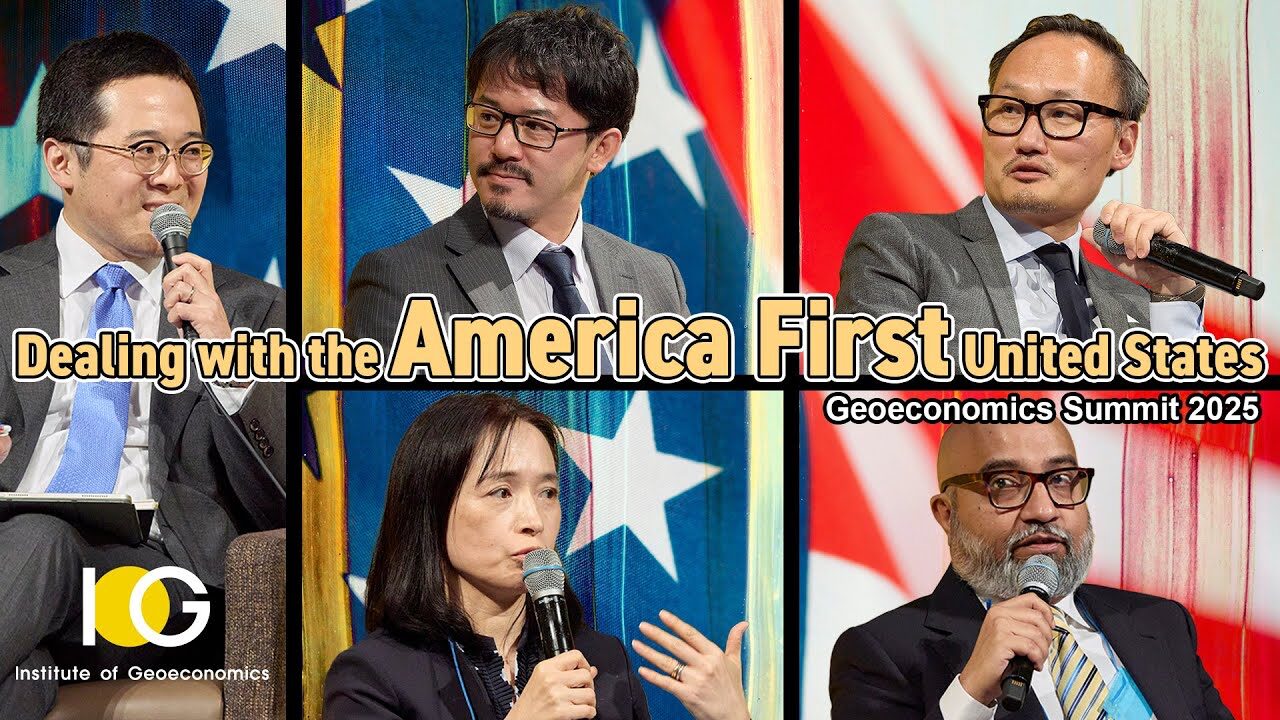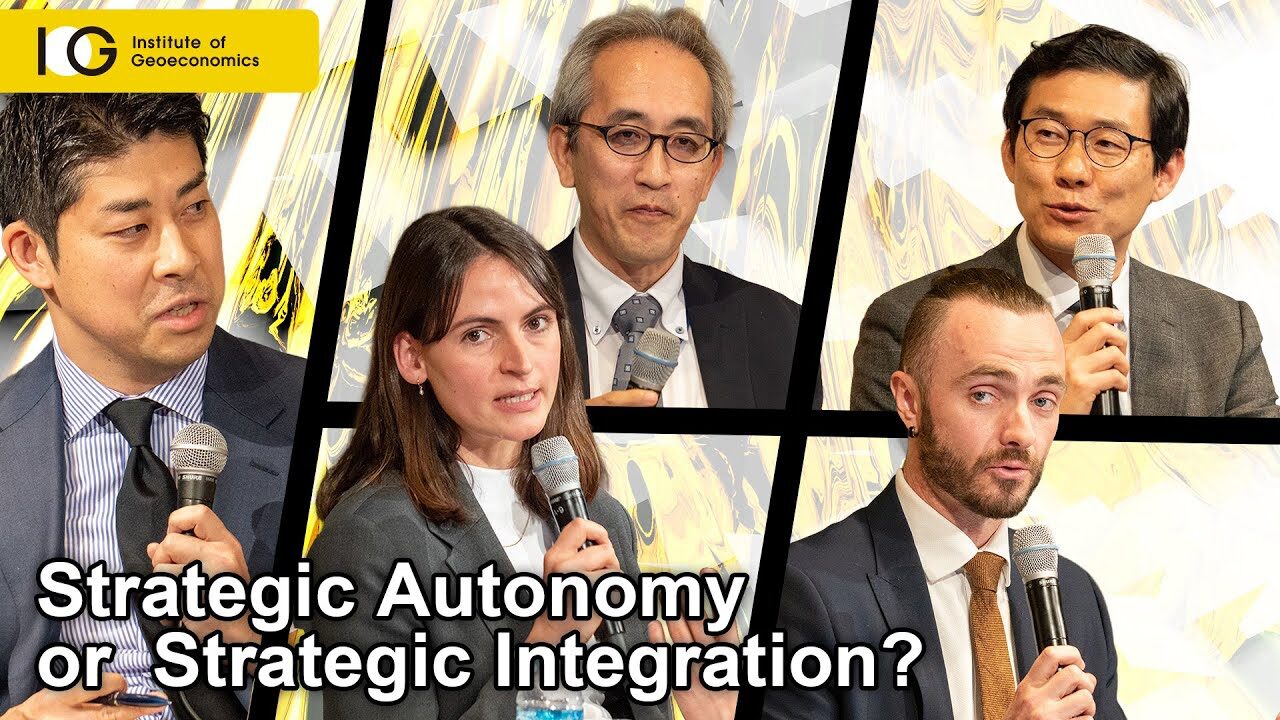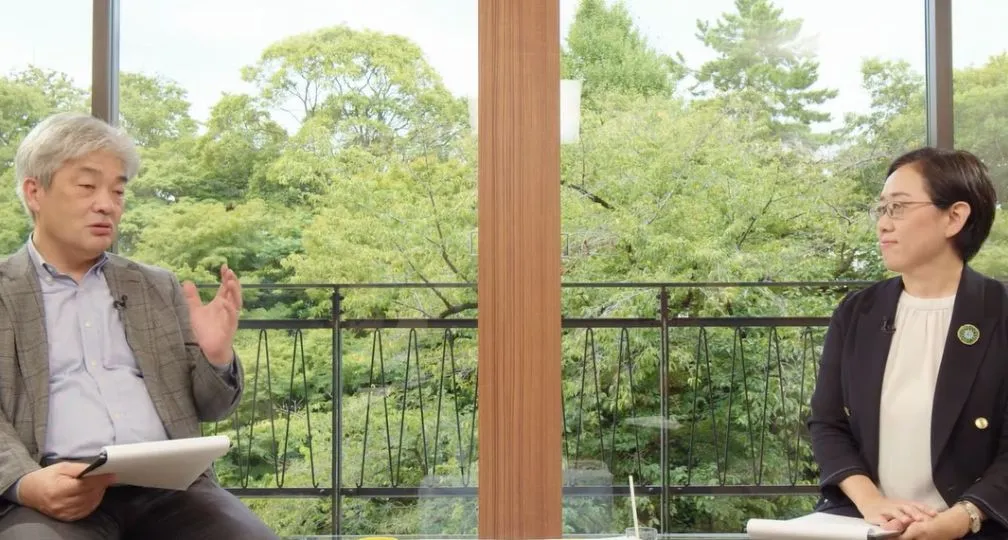Tackling an international order in disarray
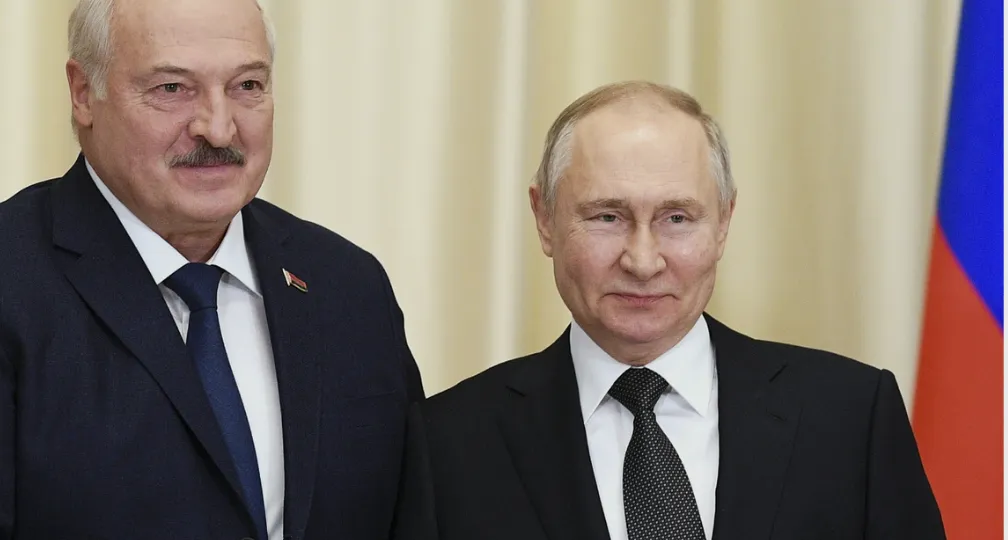
Earlier, in March 2023, Chinese leader Xi Jinping used the term “centennial changes” during a visit to Moscow to convey to Russian President Vladimir Putin that the global order faces a historic turning point, adding that “we are the ones driving these changes together.”
The U.S.-led international order is being challenged by forces seeking a change in the status quo, spearheaded by China and Russia. The Russian invasion of Ukraine is the most acute manifestation of this process and, with no end in sight to the conflict, it is difficult to imagine what kind of future system will emerge.
Biden is right in pointing out that we are at a critical juncture. How, then, should we understand and respond to the threat that the status quo might be subverted through military means?
Centennial transformations
Russia’s aggression against Ukraine has subverted the international community’s fundamental principles, including national sovereignty, territorial integrity and political independence. It has also undermined the system of international governance centered around the United Nations Security Council and the rule of law.
Furthermore, by raising the prospect of the use of nuclear weapons, the Ukraine war threatens the nuclear deterrence and nonproliferation regimes, and people’s fundamental rights are being trampled on through indiscriminate attacks and atrocities as well as the abduction of children. The free and open international order is crumbling before our eyes.
This situation has in no small measure been triggered by Putin’s brutal acts, based on a self-righteous reading of history. However, what has turned these events into a historical cataclysm are the actions of another permanent Security Council member: Xi — who holds all power in China — has thrown his support behind Putin, forming an axis of confrontation rooted in Beijing and Moscow.
This axis includes North Korea and Iran, which share anti-Western interests, and resonates with authoritarian leaders such as those in Hungary and Turkey as well as prompting an opportunistic alignment in the so-called Global South.
The Sino-Russian centered grouping fears liberal democratic values, seen as a threat to autocratic rule — without, however, espousing universal values that would replace those of the liberal international order. For example, Xi advocates a “community of common destiny for mankind” through a “new type of international relations,” but the specifics are unclear.
In the extreme, the countries in this group put their own interests and the maintenance of their systems of governance first, above the international order’s integrity.
This geopolitical trend intersects with individual countries’ domestic political dynamics: For example, it can be connected to deep-rooted support for former U.S. President Donald Trump’s “America First” policy and a far right-wing party coming second in Germany in the most recent European parliamentary elections.
Both Trump and Europe’s right-wing parties appease Russia and refuse to support Ukraine. The problem is that the U.S. and Europe are increasingly divided internally — with the general deterioration of democracy leading to a resurgence of authoritarianism globally.
Therefore, a historical catastrophe has emerged from the interplay between international and domestic politics, and the struggle between those who espouse universal values and norms and those who prioritize self-interest.
The roots of the crisis
Three main factors have led to this shift. First, China’s rise has altered the international balance of power. Former leader Deng Xiaoping’s “reform and opening-up” allowed China to take advantage of the Western economic system and achieve remarkable growth while practicing self-effacement and cooperating with the U.S.
The turning point came when leader Hu Jintao revised China’s foreign policy in the wake of the 2008 Lehman Brothers collapse and began forcefully asserting Beijing’s expanded core interests, as evidenced by the Senkaku Islands fishing boat collision in 2010.
Before assuming the presidency, Xi, confident in his notion of the rising East and declining West, spoke of a “new type of great power relations” during his visit to the U.S. in 2012. “The vast Pacific Ocean has enough room to accommodate the development of the two great powers in the world, namely China and the United States,” Xi said — a statement backed by China’s growing military power. Since then, the Sino-American military balance in the Pacific has continued to tilt in Beijing’s favor.
The second factor is that there has been a marked decline in the United States’ power and its will to defend the existing order. In 2013, President Barack Obama declared that “America is not the world’s policeman” and was unwilling to take military action when a red line, namely Syria’s use of chemical weapons, was crossed.
In August 2021, Biden withdrew American troops from Afghanistan despite opposition from NATO allies and others. And two weeks before the start of Russia’s full-scale invasion of Ukraine, the American president declared that the U.S. would not deploy troops in Kyiv’s defense — a statement that undoubtedly influenced Putin’s actions.
Furthermore, Russia’s escalatory nuclear threats, which appear to be deterring direct intervention in Ukraine by the U.S. and NATO, have undermined the credibility of Washington’s extended deterrence.
According to researchers from the Singapore-based International Institute for Strategic Studies, if the U.S. had not succumbed to nuclear threats and instead intervened militarily, not only would a Russian invasion have been neutralized, but the effectiveness of the American nuclear umbrella greatly enhanced.
Washington’s weakening power to prevent brutal military acts and its unwillingness to use its military force has led to a fraying of the international order.
The final factor is the deterioration of mutual respect between the major powers. During the Cold War, the U.S. and Soviet Union created a framework for controlling the proliferation of weapons of mass destruction and regulating technology and space and adhered to rules of mutual oversight. However, both countries have abandoned this framework.
In the meantime, China is trying to become a nuclear power comparable to the U.S. and Russia through a highly nontransparent process and refuses to negotiate any control over its arsenal. Furthermore, Washington and Beijing are engaged in a fierce competition for military and technological hegemony, which itself has led to international upheaval.
In this context, emerging technologies such as artificial intelligence and drones are developing rapidly and spreading beyond borders without international rules in place to manage them.
Controlling violence
In this way, the transformation of the international security order comes down to how to deal with the violence disrupting that very order. While it is inevitable that emerging powers will rise and compete with established ones for hegemony, the international community must avoid falling into Thucydides’ Trap.
This is because such a trap could result in humanity’s annihilation through nuclear war. It is therefore necessary to stop the ongoing violence and return to peaceful great power competition.
The Sino-Russian axis could, however, be open to restoring order. Prior to the full-scale invasion of Ukraine, Putin insisted that Russia would conduct a military operation aimed at demilitarizing and “de-Nazifying” Ukraine, but without occupying its neighbor. Putin may therefore be open to compromise in the face of joint Group of Seven military action.
China — which will eventually become a nuclear-armed state on par with the U.S. and Russia — has consistently opposed Russia’s use of nuclear weapons. China must become an ally and Russia’s escalatory threats must be overcome. The aim, therefore, should be to rebuild a nuclear arms control framework and restore effective deterrence, namely, mutual respect between nuclear powers.
The G7 must respond in a realistic manner while demonstrating its willingness and ability to intervene militarily. It is important to view a potential cease-fire as a means and not an end to restoring the international security order by supporting Ukraine’s security and reconstruction.
Japan has spearheaded the Free and Open Indo-Pacific strategy and led many of the initiatives to restore and maintain the international order at the G7 Hiroshima summit last year, as well as committed to support Ukraine’s recovery.
This approach is rooted in Japan’s defeat in World War II, which resulted in the country pursuing peace and stability through diplomacy. In tackling this turning point in world history, Japan should act as a model to enable the emergence of a new international order, demonstrating the importance of balancing military and nonmilitary solutions.
(Photo Credit: AFP / Aflo)
[Note] This article was posted to the Japan Times on October 2, 2024:
https://www.japantimes.co.jp/commentary/2024/10/02/world/international-order-chaos-response/
Authors
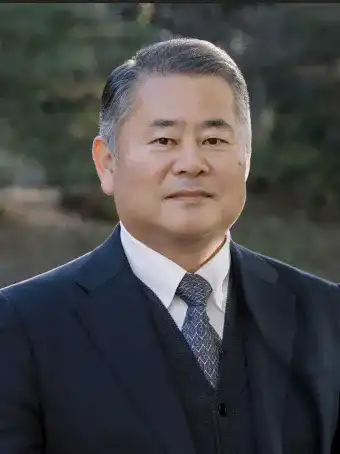
Sadamasa Oue(Senior Fellow, Asia Pacific Initiative)
General Oue was born in 1959 in Nara Prefecture, Japan. He graduated from the National Defense Academy in 1982.LTG OUE earned his Master of Public Administration from J. F. Kennedy School of Government, Harvard University in 1997, and Master of National Security Strategy from the National War College, National Defense University of the U.S.A. in 2002. He retired in August 2017 as a Commander of Air Materiel Command, responsible for logistic operations of all Air Self Defense Force activities. Between July 2019 and June 2021, he served at the Harvard Asia Center as a Senior Fellow. He currently serves as a company advisor and a special fellow of the Strategic Studies Institute.

Geoeconomic Briefing
Geoeconomic Briefing is a series featuring researchers at the IOG focused on Japan’s challenges in that field. It also provides analyses of the state of the world and trade risks, as well as technological and industrial structures (Editor-in-chief: Dr. Kazuto Suzuki, Director, Institute of Geoeconomics (IOG); Professor, The University of Tokyo).
Disclaimer: The opinions expressed in Geoeconomic Briefing do not necessarily reflect those of the International House of Japan, Asia Pacific Initiative (API), the Institute of Geoeconomics (IOG) or any other organizations to which the author belongs.
-
 Orbán in the Public Eye: Anti-Ukraine Argument for Delegitimising Brussels2026.02.04
Orbán in the Public Eye: Anti-Ukraine Argument for Delegitimising Brussels2026.02.04 -
 Trump, Takaichi and Japan’s Strategic Crossroads2026.02.03
Trump, Takaichi and Japan’s Strategic Crossroads2026.02.03 -
 Analysis: When Is a Tariff Threat Not a Tariff Threat?2026.01.29
Analysis: When Is a Tariff Threat Not a Tariff Threat?2026.01.29 -
 Takaichi’s Strengths and the Need for ‘Strategic Signaling’2026.01.23
Takaichi’s Strengths and the Need for ‘Strategic Signaling’2026.01.23 -
 Takaichi’s Twin Challenges: Economic Growth and Security2026.01.13
Takaichi’s Twin Challenges: Economic Growth and Security2026.01.13
 Oil, Debt, and Dollars: The Geoeconomics of Venezuela2026.01.07
Oil, Debt, and Dollars: The Geoeconomics of Venezuela2026.01.07 It’s Now or Never: India’s Ambitious Reform Push2026.01.09
It’s Now or Never: India’s Ambitious Reform Push2026.01.09 Analysis: When Is a Tariff Threat Not a Tariff Threat?2026.01.29
Analysis: When Is a Tariff Threat Not a Tariff Threat?2026.01.29 Navigating Uncertainty in U.S. Space Policy: Decoding Elon Musk’s Influence2025.04.09
Navigating Uncertainty in U.S. Space Policy: Decoding Elon Musk’s Influence2025.04.09 Analysis: Ready for a (Tariff) Refund?2025.12.24
Analysis: Ready for a (Tariff) Refund?2025.12.24


